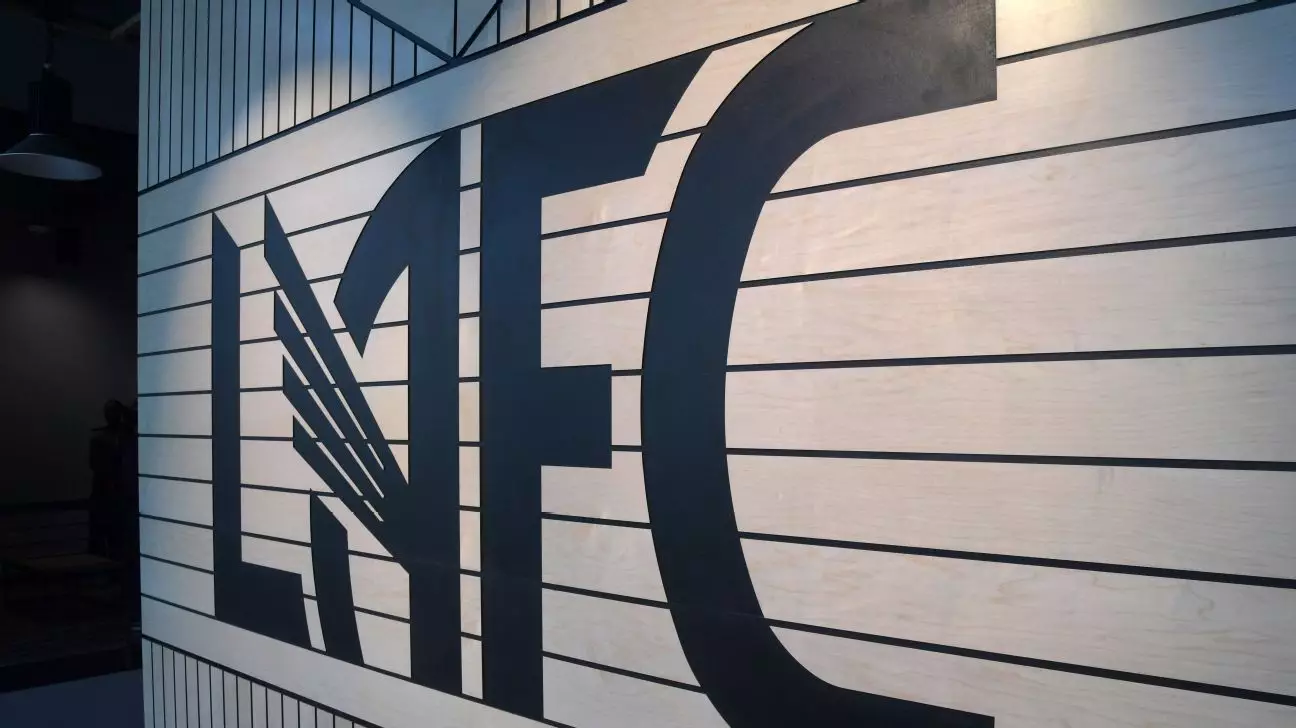In a recent incident that has ignited discussions surrounding the intersection of sports, politics, and social responsibility, Ruben Gnanalingam, a part-owner of Los Angeles FC and vice chairman of the English football club Queen’s Park Rangers, found himself in hot water after reposting inflammatory comments on social media. Reports indicated that the content included calls for military action against Israel and comparisons of the Gaza conflict to historical atrocities like the Holocaust. The backlash was swift and severe, drawing condemnation from both Major League Soccer (MLS) and LAFC, highlighting the potential for individual actions to affect broader organizational values.
The incident raises important questions about the responsibilities that come with public roles, especially in leadership within sports organizations. Gnanalingam’s apology emphasized that he did not intend to cause harm, acknowledging the distress his posts created. His decision to retract the posts and take a hiatus from social media demonstrates a critical step towards accountability. However, the effectiveness of his apology and the sincerity of his regret remain subjects for public scrutiny. Actions often speak louder than words, and the real test will be how he applies the lessons learned from this experience moving forward.
In light of this incident, it’s essential for organizations like MLS and LAFC to take a firm stand against hate speech and ensure that their values are reflected in the actions of their stakeholders. Their joint statement denouncing Gnanalingam’s posts underscores a commitment to unity and respect, pivotal in promoting an inclusive environment within the sports community. The power and influence that sports leaders wield can shape public opinions and community values; thus, organizations have a responsibility to engage actively in upholding ethical standards.
Gnanalingam expressed a desire to learn from his misstep and collaborate with MLS and other organizations to enhance communication strategies. This commitment is commendable, yet it prompts further reflection: how can leaders better prepare themselves to navigate complex socio-political issues? The incident serves as a reminder that due diligence and critical thinking are essential when sharing opinions publicly. The scrutiny of public figures necessitates a proactive approach to understanding the implications of their communications.
As the sports industry continues to grapple with social issues, this incident marks a pivotal moment for Gnanalingam and the organizations involved. The key takeaway is the importance of awareness and sensitivity in navigating socio-political dialogues. Affiliates of sports teams must recognize their platform’s volitional and ethical implications, ensuring that their public statements align with a commitment to inclusivity and respect. Moving forward, the sports community must prioritize equitable and compassionate discourse, reinforcing the idea that their impact extends beyond the field.
